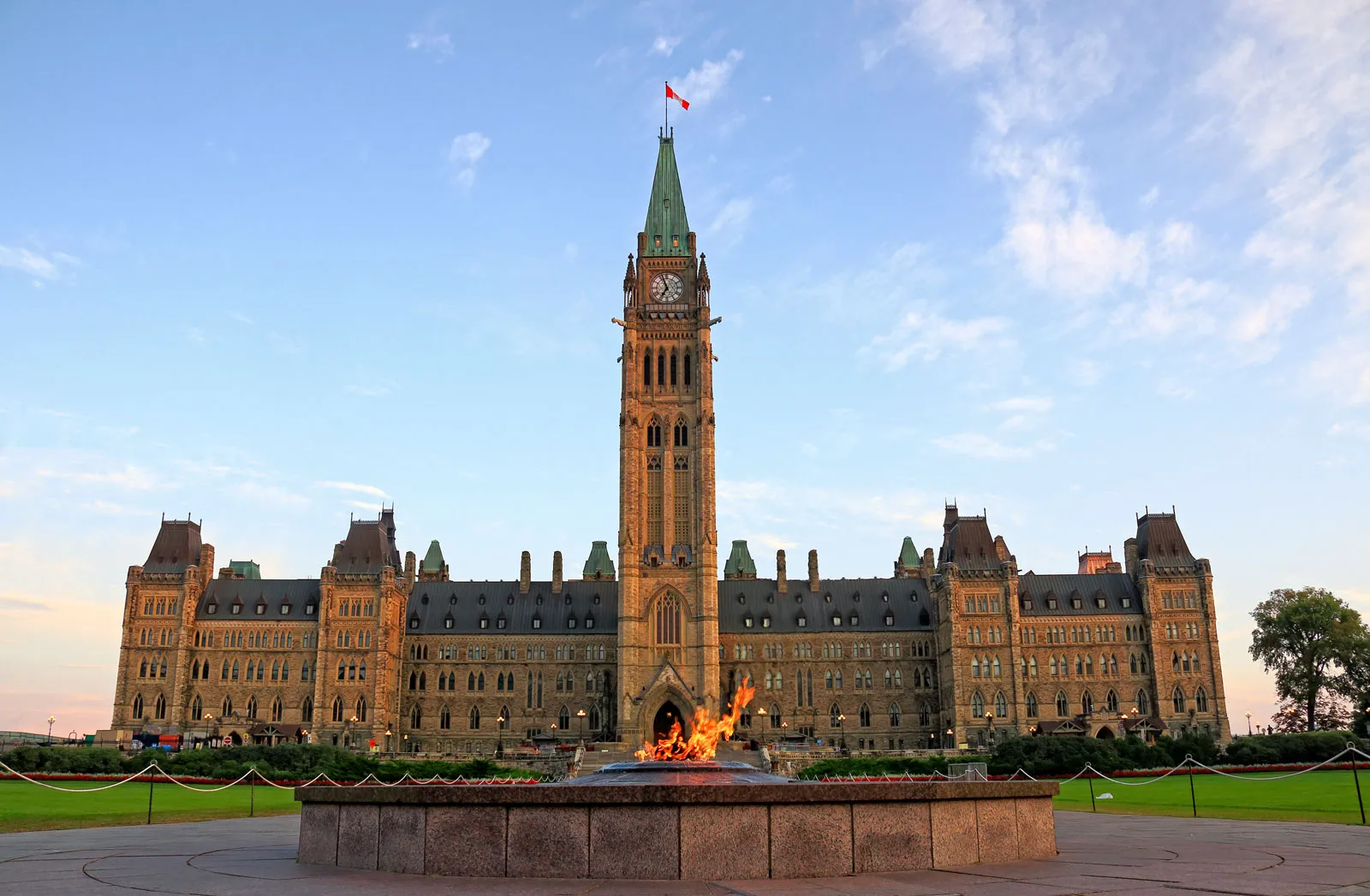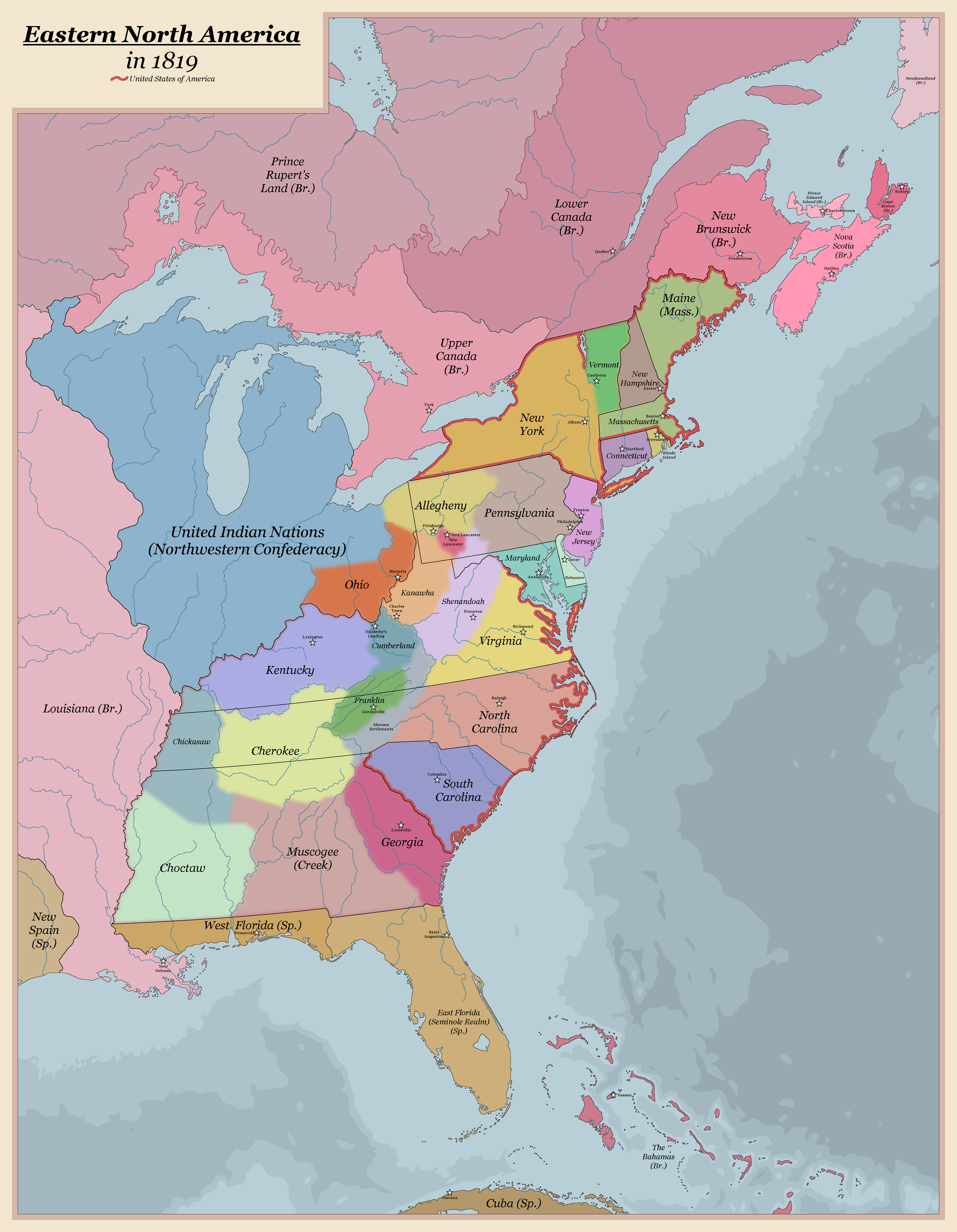Carney"s Push for Major Projects Raises Red Flags
Prime Minister Mark Carney"s recent passage of Bill C-5, dubbed the One Canadian Economy Act, signals a troubling shift in Canada’s approach to infrastructure and environmental policy. The bill grants the federal cabinet unprecedented powers to fast-track major projects, raising alarm bells among environmentalists and Indigenous rights advocates alike. Critics argue that this legislation not only undermines crucial environmental protections but also threatens the constitutional rights of Indigenous Peoples, who have long been sidelined in national decision-making processes.
Cabinet Meetings Behind Closed Doors
As reported by CBC News, Carney’s government plans to hold cabinet meetings throughout the summer to select which projects will receive fast-tracked approval. This closed-door decision-making process raises significant concerns about transparency and accountability. The lack of public consultation, especially with Indigenous communities, mirrors past government failures that have led to deep-seated mistrust and opposition.

Visiting Ottawa - Corporate Stays
Indigenous Concerns Ignored Again
Assembly of First Nations National Chief Cindy Woodhouse Nepinak has publicly condemned the government"s approach, emphasizing that First Nations leaders were occupied with urgent matters such as wildfires while this bill was being rushed through Parliament. The dialogue expected with Indigenous leaders starting July 17 appears to be more of an afterthought than a genuine commitment to consultation. This neglect of Indigenous voices in favor of rapid economic expansion is a repeat of historical injustices that continue to plague Canada’s relationship with its Indigenous populations.
Environmental Protections at Risk
Bill C-5"s provisions to bypass environmental reviews and override federal laws have ignited fierce criticism. Experts warn that this could lead to significant ecological degradation, particularly in sensitive areas where major infrastructure projects are proposed. According to environmental advocates, the potential for irreversible harm to ecosystems cannot be overstated. The urgency framed by Carney around U.S. trade threats does not justify sacrificing Canada"s environmental integrity.

Eastern North America in 1819 by SpudNutimus, visual art
Urgency Misplaced and Misguided
While Carney cites economic urgency, analysts like Jay Khosla argue that the need for responsible planning has long existed. As highlighted in the Public Policy Forum"s roadmap, Canada has been lagging behind in sustainable growth, and it is not due solely to regulatory burdens. The push for expedited approvals risks repeating the mistakes of the past, where economic development was prioritized over community well-being and environmental health.
Future Implications for Climate Justice
As Canada embarks on this new trajectory under Bill C-5, the implications for climate justice are profound. Fast-tracking projects without adequate environmental assessments or Indigenous consultation invites disaster. This legislation may not only exacerbate climate change but also deepen inequalities faced by marginalized communities who bear the brunt of environmental degradation. Moving forward, the government must prioritize inclusive dialogue and accountability over rushed economic gains, ensuring that the voices of those directly impacted by these decisions are heard and respected.

Cabinet Meetings Schedule | Homeminimalisite.com



![[Video] Gunfire between Iraqi security forces and Sadr militias in Baghdad](/_next/image?url=%2Fapi%2Fimage%2Fthumbnails%2Fthumbnail-1768343508874-4redb-thumbnail.jpg&w=3840&q=75)
